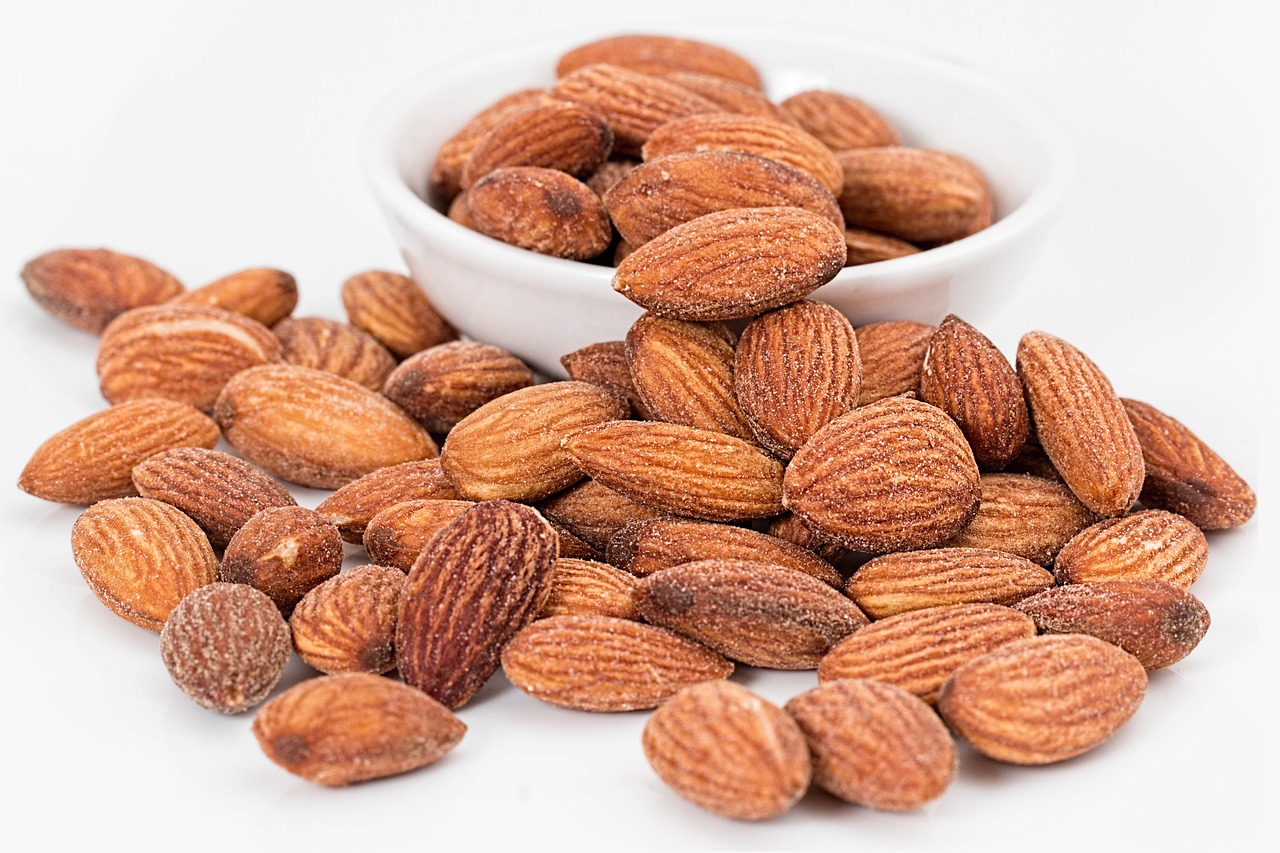Abstract
Purpose:
We analyzed the association between salivary melatonin rhythm and prostate cancer (PCa).
Materials and methods:
A total of 40 PCa cases and 41 controls from the CAPLIFE study were analyzed to determine the salivary melatonin rhythm through 6 saliva samples. Amplitude (maximum melatonin peak) was categorized as low or high using the cutoff point median of the controls. Acrophase (time of maximum melatonin peak) was classified as early or late using the same criteria. In addition, the following data were collected: characteristics related to sleep habits, and clinical and sociodemographic information. Melatonin rhythms were represented for cases and controls and analyzed according to urinary symptoms, tumor aggressiveness and tumor extension. Variations in melatonin levels were estimated using generalized estimating equations on the ln-transformed values. To estimate the association between amplitude, acrophase and PCa, adjusted odds ratio (aOR) and 95% CI were calculated using logistic regression models.
Results:
The mean age was 67.0 years (SD 7.3) for cases and 67.5 (SD 5.5) for controls. Melatonin levels were always lower in PCa cases than in controls. On average, melatonin levels in cases were -64.0% (95% CI -73.4, -51.4) than controls. PCa cases had lower amplitude, 26.0 pg/ml (SD 27.8) vs 46.3 pg/ml (SD 28.2; p <0.001). A high amplitude was associated with a decreased risk of PCa, aOR=0.31 (95% CI 0.11, 0.86), while a late acrophase could be increased risk of PCa, aOR=2.36 (95% CI 0.88, 6.27).
Conclusions: Patients with PCa always had lower melatonin levels than men without PCa, independent of urinary symptomatology or extension and aggressiveness of the tumor.
Authors:
Macarena Lozano-Lorca 1 2, Rocío Olmedo-Requena 1 3, Miguel Rodríguez-Barranco 2 3 4, Daniel Redondo-Sánchez 2 3 4, Antonio Jiménez-Pacheco 5, Fernando Vázquez-Alonso 6, Emilia Arana-Asensio 7, María-José Sánchez 1 2 3 4, José Fernández-Martínez 8, Darío Acuña-Castroviejo 2 8 9, José Juan Jiménez-Moleón 1 2 3
Link: https://pubmed.ncbi.nlm.nih.gov/34694161/
- PMID: 34694161
- DOI: 10.1097/JU.0000000000002294
Nutrigenomics Institute is not responsible for the comments and opinions included in this article






